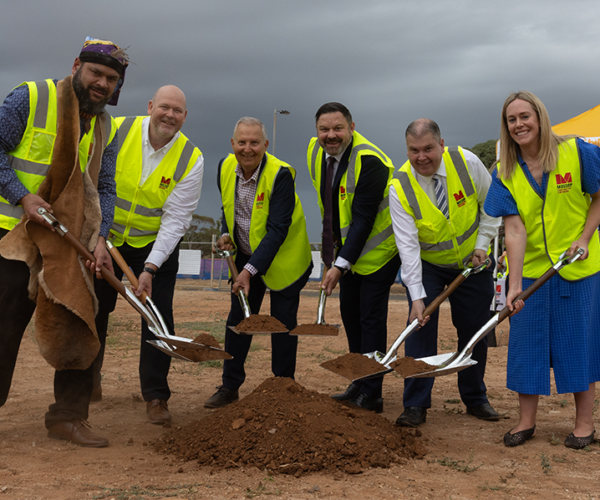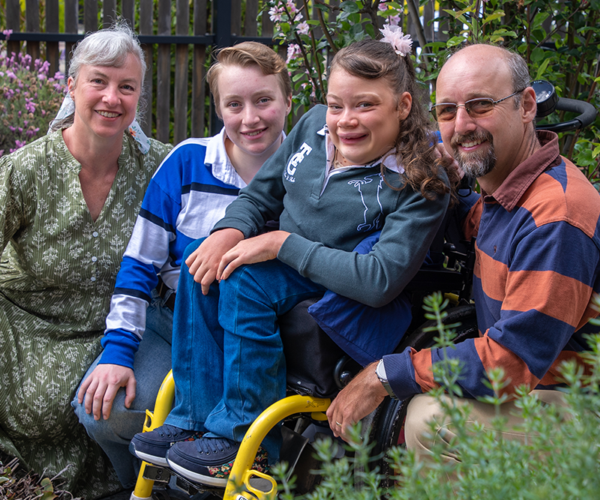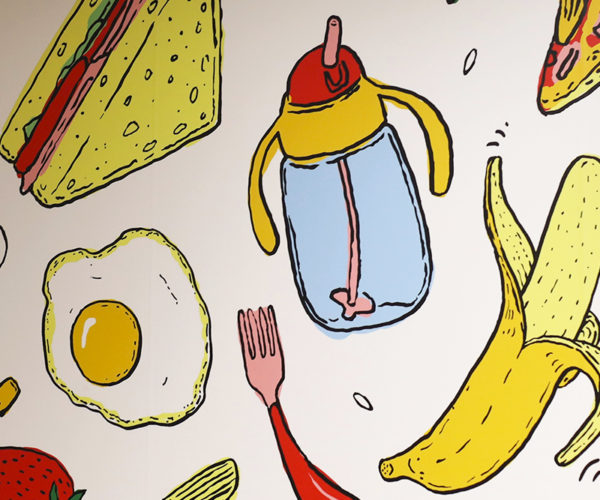A revolutionary therapy that homes in on and destroys cancer cells could soon be used to tackle hard to treat cancers, including those commonly seen in children.
The CAR-T Cancer Immunotherapy Research project is moving closer to its first-in-man clinical trials. The project was developed here in South Australia by WCH researcher and Chief Medical Scientist, Professor Simon Barry, with biotechnology research and development company Carina Biotech.
Initially backed by WCH Foundation funding in 2017, the CAR-T therapy involves genetically modifying a cancer patient’s own immune cells (T cells) with a chimeric antigen receptor (CAR) that can recognise and attack the cancer. By using a patient’s own cells it avoids the problem of them being recognised as foreign, making the therapy much safer and more effective.
Early CAR-T research has already been shown to have great success in treating blood cancers, but the research team here in South Australia are directing their efforts toward designing a CAR-T therapy for solid cancers. These account for around 30 per cent of childhood cancers and are typically much harder to treat. Professor Simon Barry says:
“We are focused on building smarter CAR’s that have a unique homing capability. Cancer cells release hormones that the immune cells can sense and follow. If we learn what is being released by the tumour, we can add the relevant receptors so the CARs will follow it – so we are building receptors that can actively seek, recognise and destroy cancer cells. This ability is not needed for blood cancers because in that instance the CAR’s are mixed directly into the blood, however it is critical for treating solid cancers.”

CAR-T researcher, Professor Simon Barry.
CAR-T research progress
In the past two years, great progress has been made toward making this therapy a reality for children and adults with otherwise incurable cancers.
“Over the last two years, our research has focused on the ‘back room’ work that is required to build a clinical trial. We need to be able to say that we know how to make CAR-T better than anyone else – and we are close! We could be looking at our first human trials getting underway in as little as 18 months,” says Professor Barry.
Research funding provided by the WCH Foundation has been used for specialised researchers and experiments – two critical components when clinical trials are on the horizon. Professor Barry says:
“Clinical trials are safety driven and also very costly, so we must be able to undertake the very best research and development, and gather pre-clinical data to give us the most confidence to build a case for the clinical trial.”
A key success for the team has been improving the efficiency of the CAR manufacturing by optimising the research team’s own protocols. For example, the first approved CAR-T treatments target the antigen CD19 (present in blood cancers such as leukemia) with a CAR expression rate of only 50 per cent. However, Professor Barry and his team have managed to increase the amount of CAR being expressed to 90 per cent – an enormous improvement because the more CAR expressed, the more chance it has to find and kill cancer cells. They also believe it will last longer.
The team has also made advances in the time it takes to create these modified cells.
“Previously, it took 30 days for us to make the appropriate number of cells for testing. It now takes us only 9-14 days which is a huge reduction in cost and manpower. We’ve also broadened the CAR-T pipeline with new baroreceptor targets including a new lead targeting a gene called LGR5,” says Professor Barry.
Gifts in Wills supporting medical research
Gifts left in Wills are a major source of funding for medical research at the Women’s and Children’s Hospital. Importantly, these funds enable researchers to pursue promising research leads that may otherwise go unfunded.
“This success would not have been possible without the funding that we were fortunate to receive from the Foundation,” says Professor Barry. “This funding is critical for starting the type of high risk, high return research that the larger funding agencies are less willing to support until it is proven successful.”
The team has also set its sights on establishing Australia’s very first clinical-grade virus facility right here in Adelaide within the next 5 years.
“Currently our lab has the expertise for pre-clinical virus manufacturing but we are limited by the need to purchase the virus for clinical trials from overseas providers,” shares Professor Barry. “If we can make CAR-T viruses for clinical trials here in Adelaide, it will reduce the cost of testing them in phase 1 safety clinical trials in Australia dramatically, and could provide this capability for all CAR-T trials in Australia.”.
If you would like to find out more about leaving a gift in your Will to support the health and care of future generations, please contact us or click here.




